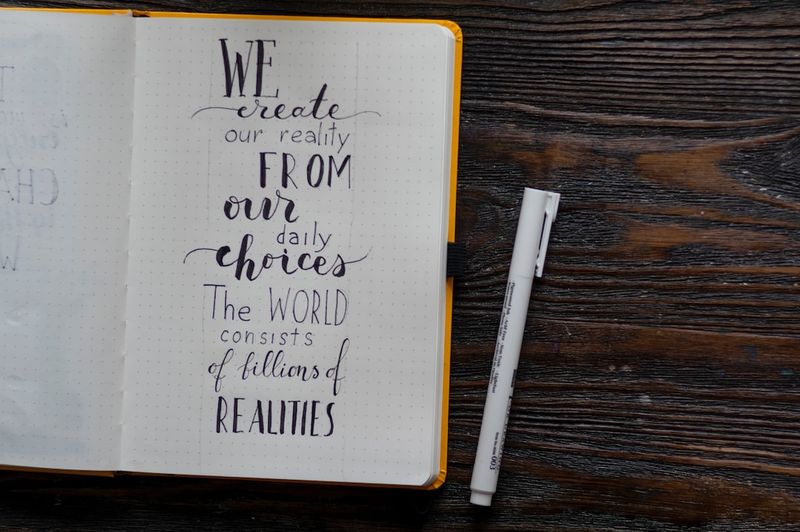Hacking Trial: Former Tabloid Target Claims Invasion of Privacy Amidst Cancer Diagnosis
Background
Paul Whitehouse’s ex-wife, Fiona Wightman, has testified in the High Court that she was targeted by tabloid newspapers while she was battling ovarian cancer, which made her recovery process even more challenging. Wightman alleges that Mirror Group Newspapers (MGN) hacked her phone and sent journalists to her doorstep during the 1990s. MGN has admitted to using a private investigator to try to access Wightman’s medical records, for which they have issued an unreserved apology. However, the company is disputing many of the privacy claims brought by both Wightman and Prince Harry. The barrister representing MGN, Andrew Green KC, stated that there was no evidence to suggest phone hacking against Paul Whitehouse or his ex-wife.
Privacy Invasion Amidst Cancer Diagnosis
Wightman, emotionally recounting her experiences in court, revealed that after her cancer diagnosis in 1997, she was persistently pursued by journalists who wanted her to share her story about her battle with cancer. Dominic Mohan, then the showbiz editor at the Sun newspaper, introduced himself to Wightman as one of these journalists. She expressed her dissatisfaction with Mohan’s approach, stating that it did not feel “showbiz” to her. While Mohan worked for Rupert Murdoch’s News Group Newspapers, Wightman claims that MGN also targeted her. She further testified that journalists and private investigators listened to her voicemail messages with Paul Whitehouse, even after their separation.
The Ethical Implications
This case raises profound ethical questions about the press’s responsibility and the invasion of privacy endured by individuals, particularly during vulnerable periods such as serious illness. Wightman expressed her shock and disbelief that anyone would consider her gynaecological cancer a suitable subject for public consumption. It is essential to consider the moral obligation of journalists and media organizations when it comes to reporting on highly sensitive topics, particularly health issues.
The Psychological Impact
Wightman believes that the intense media scrutiny she endured while trying to recover from cancer significantly impacted her emotional well-being and impeded her recovery process. Feeling under enormous pressure to discuss deeply personal matters, she stated that the attention from the press heightened her anxiety and severely undermined her confidence. It is important to acknowledge the psychological toll that invasive media practices can have on individuals, particularly during times of personal crisis and vulnerability.
Mirroring Prince Harry’s Case
Wightman’s claims are being considered one of three test cases in the ongoing legal action against MGN, with several other well-known individuals also preparing to sue the company. Prince Harry, who has refused to settle his claim, gave evidence last week. This case reflects a recurring pattern of privacy breaches by tabloid newspapers and prompts us to question the extent to which public figures should be entitled to privacy in their personal lives.
Editorial: Preserving Privacy and Respecting Boundaries
A Call for Ethical Reporting Practices
The invasion of Fiona Wightman’s privacy during her battle with ovarian cancer is a stark reminder of the ethical responsibility that journalists and media organizations hold. The media has a significant role to play in informing the public and holding power to account, but this should never be at the expense of individuals’ well-being, particularly in times of personal crisis. Respect for privacy should be paramount, and media organizations should establish stringent ethical guidelines to prevent the violation of personal boundaries.
Protecting Vulnerable Individuals
The case of Fiona Wightman highlights the need for stronger legal protections for individuals who find themselves in vulnerable situations, such as battling serious illnesses. It is crucial that legislation reflects the changing nature of privacy invasion in the digital age and provides robust safeguards against intrusive practices. This entails not only holding media organizations accountable but also ensuring that individuals have effective legal remedies to protect their personal privacy.
Raising Awareness and Empowering Individuals
As consumers of news media, it is essential that we remain vigilant and demand ethical reporting practices. Raising awareness about the implications of privacy invasion and fostering a culture of media literacy can empower individuals to make informed choices and protect their privacy. By actively engaging in discussions about privacy and media ethics, we can collectively work towards establishing a media landscape that respects personal boundaries and safeguards the well-being of individuals.
An Opportunity for Change
The experiences of Fiona Wightman and the slew of privacy breach cases highlight the urgent need for accountability and change within the media industry. Media organizations must reflect on their practices and commit to stricter ethical standards that prioritize privacy over sensationalism. By doing so, they can rebuild public trust and ensure the responsible and ethical reporting that society deserves.
Advice: Protecting Your Privacy in the Digital Age
1. Secure Your Digital Footprint
Protect your personal information by implementing strong passwords, using two-factor authentication, and regularly updating your privacy settings on social media platforms. Be cautious about the information you share online, as it can be exploited by those with ill intentions.
2. Stay Informed
Keep abreast of privacy laws and regulations in your country. Understand your rights and what actions you can take if your privacy is violated. Stay informed about emerging technologies and their potential impact on your personal privacy.
3. Limit Exposure to Personally Identifiable Information
Take steps to minimize the amount of personally identifiable information available to the public. Be mindful of the information you share, both online and offline. Consider what information is necessary to provide and what could be used to invade your privacy.
4. Be Cautious with Communication
Exercise caution when communicating electronically. Use secure messaging apps and avoid sharing sensitive information over insecure channels. Regularly review your privacy settings on messaging platforms to ensure your conversations remain private.
5. Support Ethical Journalism
Investigate the media outlets and journalists you support. Choose those that uphold ethical reporting practices and prioritize individuals’ privacy. By consciously supporting responsible journalism, you contribute to a media landscape that respects personal boundaries.
6. Advocate for Privacy Rights
Get involved in local and national discussions about privacy rights and legislation. Support organizations and campaigns that fight for privacy protections and advocate for stronger legal safeguards against privacy breaches.
7. Seek Legal Advice
If you believe your privacy has been violated, seek legal advice from experts in privacy law. They can guide you through the legal process and help you understand your rights and available remedies.
The case of Fiona Wightman serves as a reminder that privacy is a fundamental human right, and we must be proactive in protecting it in our increasingly digital world.

<< photo by Alexander Grey >>
The image is for illustrative purposes only and does not depict the actual situation.




